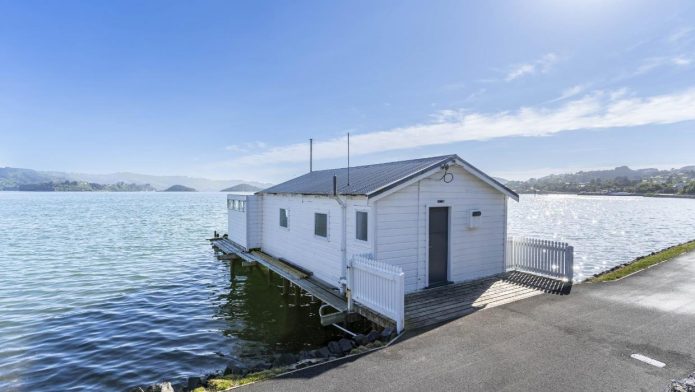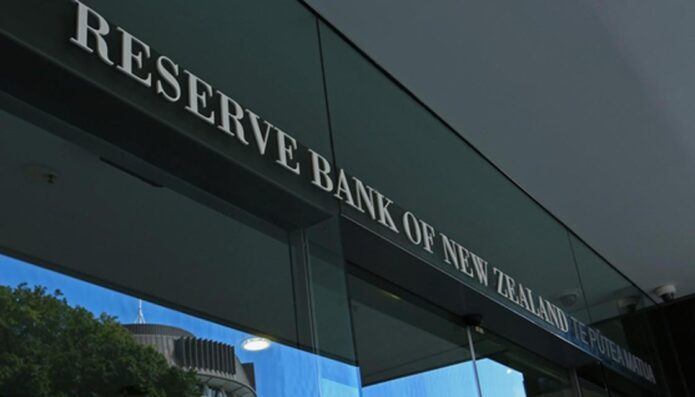PHOTO: Pandora Papers
Australians trying to crack into the property market are facing the extra hurdle of competing against mystery foreign investors, according to corporate transparency experts and the federal opposition.
Key points:
- There have been calls for a public register of ultimate company owners since around 2016
- The federal government says it is working to modernise Australia’s corporate record-keeping but has not committed to such a register
- Labor has not committed to implementing such a register if it wins the next election
Almost 12 million leaked documents — known as the Pandora Papers — have shed light on how complicated, offshore business structures are being used in Australia to shroud corporate ownership in secrecy.
“It’s actually impacting on everyday Australians,” Transparency International Australia chief executive Serena Lillywhite told the ABC.
“You need to provide more proof of identity to get a library card or pick up a parcel from the post office than what you need to register a company in Australia.”
One transaction detailed in the Pandora Papers, obtained by the International Consortium of Investigative Journalists (ICIJ), is the 2015 sale of Sydney’s Hilton Hotel for $442 million.
There are at least six layers of companies, funds and trusts registered in Singapore, the British Virgin Islands and the Cayman Islands sitting between the business listed as purchasing the hotel and the ultimate owner, billionaire Chinese steel magnate Du Shuanghua.
Mr Du told a Chinese court in 2010 that he had paid bribes to executives of mining giant Rio Tinto. However, he was never prosecuted.
The Pandora Papers also outline the purchase of swaths of agricultural land in northern Tasmania by two Australian companies, with money originally from a Canadian businessman.
Luxury apartments in Sydney were purchased by a company registered in Samoa, which is owned by a trust linked to Sri Lankan entrepreneur Thirukumar Nadesan. He is facing charges of misappropriating state funds, which he denies.
Even though these are multimillion-dollar purchases — and well outside the reach of the average Australian — Ms Lillywhite argued it was indicative of a broader problem with Australia’s regulatory framework.
READ MORE VIA ABC








